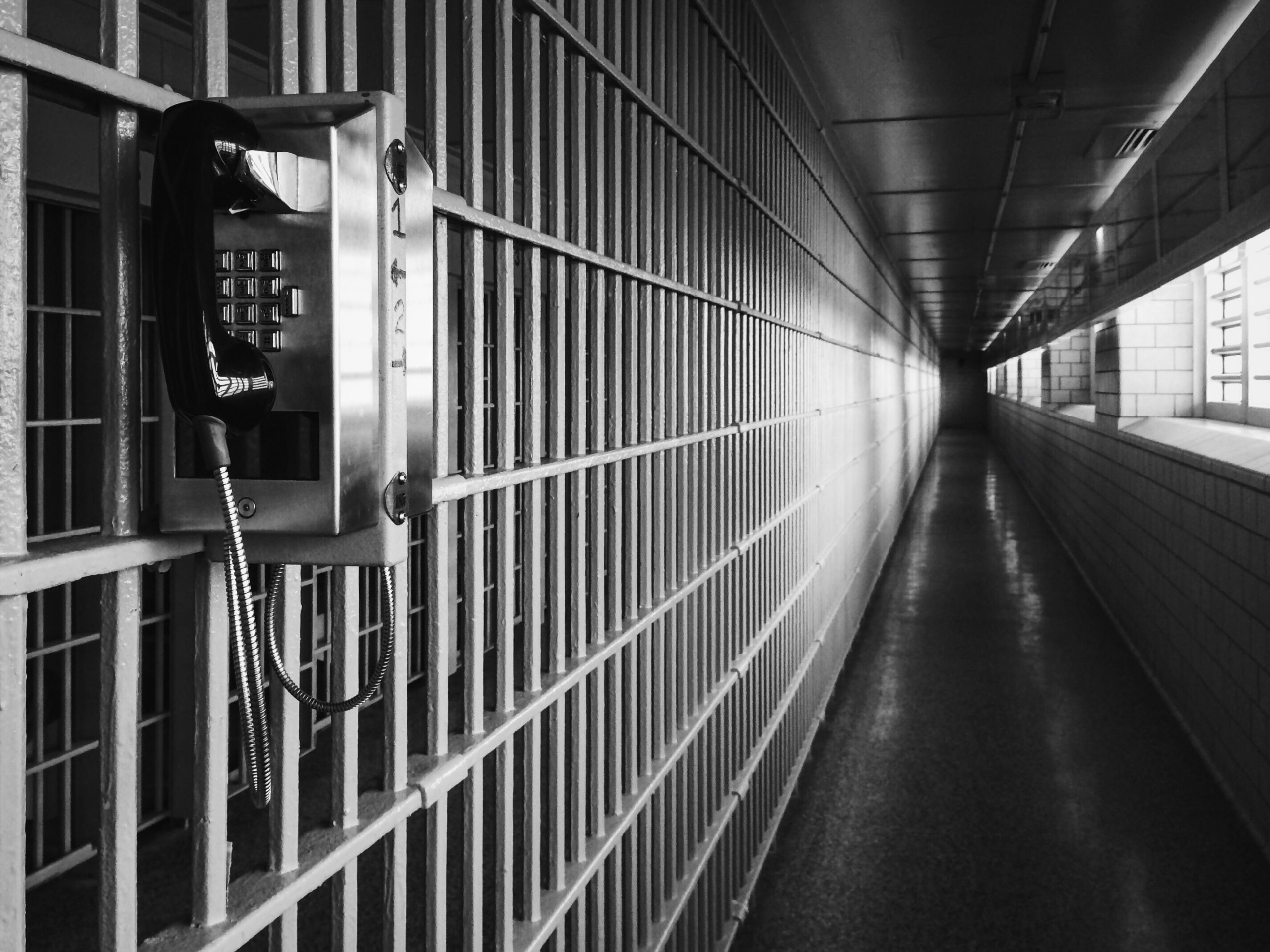Judge Strikes Down New York Jail’s Prolonged COVID Visitation Ban
The ban had helped the Broome County Sheriff rake in hundreds of thousands of dollars in profits from detainee video and phone call fees.

This article was published in partnership with New York Focus.
The Broome County Supreme Court on Thursday struck down the county jail’s ban on in-person visitation, which had been in effect for more than two years. The ban left detainees to rely on costly video and phone calls in lieu of face-to-face visits, generating hundreds of thousands of dollars for the sheriff’s department, The Appeal and New York Focus reported in June.
In May, Justice and Unity for the Southern Tier, a local nonprofit, filed a class-action suit arguing that the jail’s visitation ban violated the due-process rights of detainees. The policy—which the sheriff’s department defended as a COVID-19 mitigation measure—subjected detainees to “excessive costs and fees” that made communication “effectively unavailable” for many of the people held at the jail, the suit charged.
In a ruling authored by Sixth Judicial District Justice Oliver N. Blaise, III, the court found “irreparable harm will result if in-person visitation for pre-trial detainees and visitors at the Jail is not resumed promptly with adequate safety protocols.”
The Broome County Sheriff’s Department had argued that the visitation ban would minimize exposure to COVID-19, and had noted that incarcerated people could still communicate with their families using jail tablets.
Under the terms of the injunction, Broome County Jail must resume visitation by Sept. 5, with protocols that are “the least restrictive means given the circumstances,” Blaise wrote. The details of the reopening plan remain to be seen.
Last month, the judge requested visitation proposals from the plaintiffs and the defense. The sheriff’s plan would prohibit all physical contact and allow each detainee only 30 minutes of in-person visitation per week. His proposal would also require visitors to show proof of vaccination and present a negative COVID test administered within the previous seven days.
Josh Cotter, an attorney with the nonprofit Legal Services of Central New York who filed the suit, said the sheriff’s plan would make visitation nearly impossible for many families. He noted that despite the sheriff’s professed concern for protecting against the virus, the jail has not taken other common-sense steps to protect the health and safety of detained people: Those in the jail are tested for COVID only if they exhibit symptoms, and staff aren’t required to get vaccinated.
In February, New York Focus reported that the Broome County Jail had one of the lowest testing rates of any jail in the state. Between Aug. 3 and Aug. 10, Broome County jail only conducted three COVID-19 tests.
With visitation closed at the Broome County jail, detained people have had to rely on expensive phone and video calls and electronic messaging to stay in touch with their loved ones. The sheriff’s department takes a cut of those communications fees, and the profits for the department have added up alongside the costs to detained people.
Between January and October 2021, the Broome County Sheriff’s department took in more than half a million dollars from detainee phone calls and tablet use, according to records obtained by Justice and Unity for the Southern Tier (JUST), which runs a visitation program at the jail. JUST’s founding member Bill Martin first published the financial records on his blog, Just Talk.
A 15-minute collect phone call to someone with a local area code can cost as much as $10, according to the complaint. Detained people receive just one free five-minute phone call per week. The cost of calls varies from jail to jail throughout New York, and legislative efforts to provide calls free of charge have stalled.
At Broome County, video calls cost 25 cents a minute, according to a copy of the jail’s contract with Global Tel Link, a telecommunications giant that operates in prisons and jails throughout the country. Each email sent on a tablet costs 25 cents, and each attached photo costs 50 cents. In most cases, it also costs 5 cents a minute just to use the tablet. Under the contract, the jail gets 44 percent of gross revenue generated from phone calls, 20 percent of gross revenue generated from video calls, and some tablet access charges. Each deposit into a detainee’s account for messaging and video calls also comes with a fee of $3.33.
COVID-related visitation bans are still in effect at other New York jails, including those in Allegany County and Chemung County, according to their respective websites. The jails did not return calls from New York Focus and The Appeal. Other facilities have implemented stringent new rules governing visits. Visitation resumed at Cattaraugus County jail this month, for example, but children are prohibited from touching their parents or moving much at all. “The child must sit in the chair, and stay seated during the visit,” the sheriff’s website reads. “Children are not allowed to stand, kneel, or lay on the chair.”
Cotter said the court’s ruling could spur other New York jails to resume visitation more than two years after the start of the pandemic.
“We hope [the lawsuit] sends a message to other jails who may be denying in-person visitation that what they’re doing is not right,” Cotter said.
